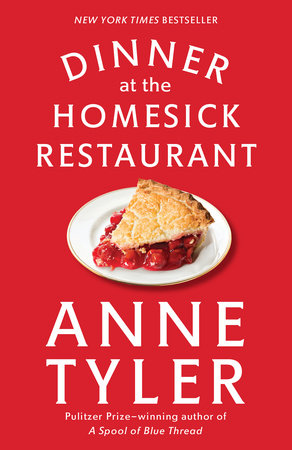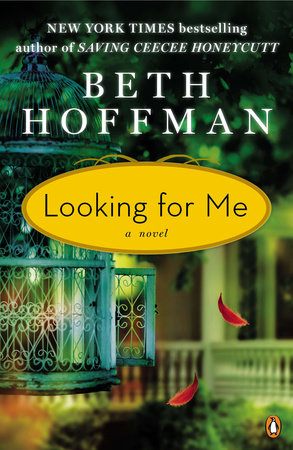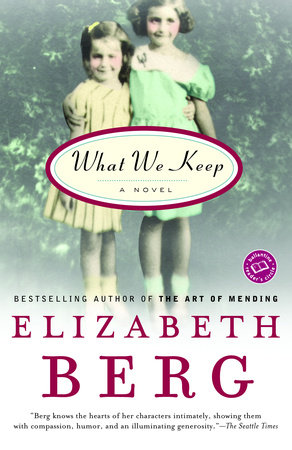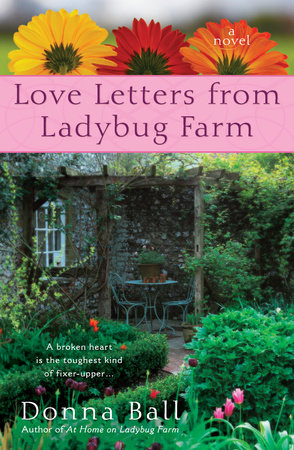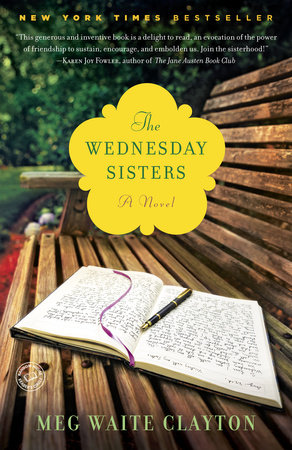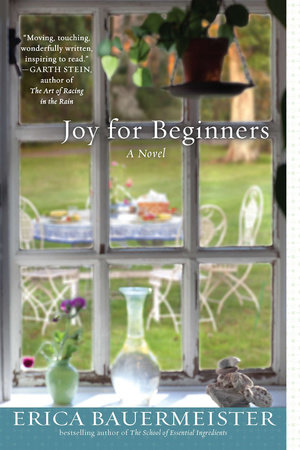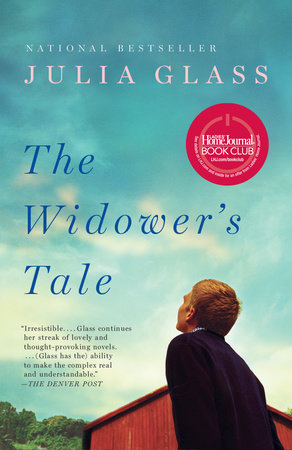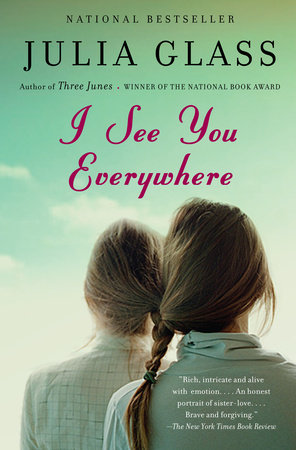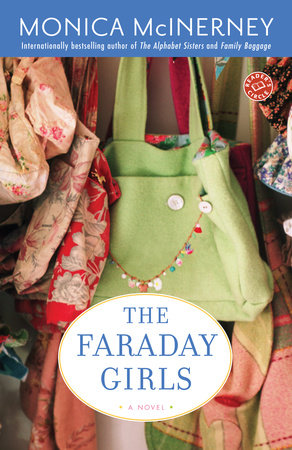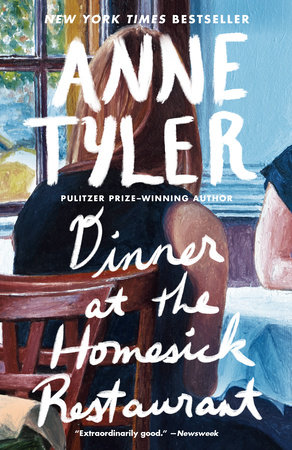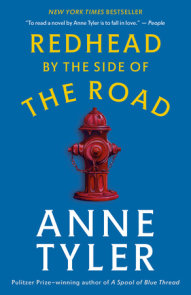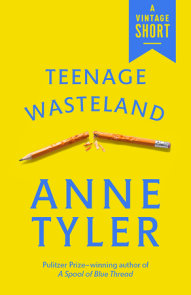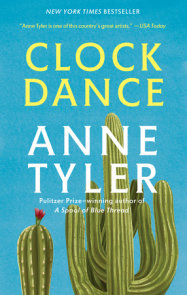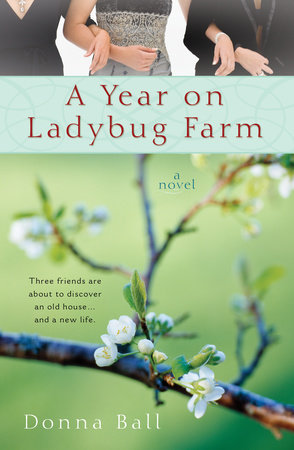Author Q&A
A CONVERSATION WITH ANNE TYLER
Q: You’ve been known to claim Dinner at the Homesick Restaurant as the favorite of all your novels. What, in your eyes, sets it apart from the rest? What about it wins it such a special place in your heart?
A: For one thing, this book somehow managed to end up very much like the book I envisioned when I first began writing it. That almost never happens. I remember that when I’d finished, I thought, I’ve done what I wanted to. And then I’m so attached to the characters. I still miss them, even all these years later.
Q: In all of your work, you focus on the romantic and familial relationships that shape people’s lives. Dinner at the Homesick Restaurant, however, seems almost exclusively interested in family. What made you choose to zoom in so much on family matters, when writing this novel? Did family affairs seem more relevant to your life at the time than affairs of the heart? Which subject interests you the most?
A: I’ve often said that writing a book is like plucking an olive out of a bottle–one of those narrow bottles in which the olives are stacked in a single row. What comes next is what I write, willynilly. I wish I could tell you why! As for whether family relationships or romantic relationships are more interesting: Somewhere in this book, Jenny says that marriage is like the earthquake in a disaster movie; it flings people together and exposes their true characters. I think that’s even truer of family life. Families are almost impossible to get out of, and therefore they make wonderful petri dishes for novelists.
Q: From chapter to chapter, you change narrative voice, giving the reader glimpses of several different characters’ points of view. Did you have fun doing this? Was there a particular character from whose point of view you enjoyed writing the most? Did you find yourself becoming angry at one character in one chapter and then defending him or her in the next?
A: Changing the point of view is one of my favorite parts of writing. It’s such a luxury not to be imprisoned behind a single set of eyes. And I love the challenge when I think, There’s no way on earth I could know how it feels to be so-and-so, and then I have to come up with a way. Probably one of the reasons I still feel so much affection for this book is that I enjoyed the viewpoint of each person equally, and I hadn’t expected that: Pearl, for instance–my least sympathetic character; Cody, in his continual stew of resentment; and hard-shelled Jenny. In a way, I felt that Dinner at the Homesick Restaurant educated me.
Q: What authors have influenced your writing style the most? Was there one writer who influenced Dinner at the Homesick Restaurant in particular?
A: My greatest lifelong influence has been Eudora Welty. This particular book, though, was influenced by Christina Stead’s The Man Who Loved Children, even though I hadn’t a hope of achieving anything like that book’s complexity.
Q: You wrote Dinner at the Homesick Restaurant over twenty-five years ago. Has your opinion of it changed at all since you first wrote it? For instance, do you identify with different characters than you used to do? Do you feel that the book’s themes are as relevant to your life now as they were twenty-five years ago?
A: My view of this book and its characters both is surprisingly unchanged. I still find its themes important to me. I still identify with the same characters–which is to say, with all of them.
Q: Who is your favorite member of the Tull family? Why?
A: Ezra, of course. I’d like to give a less predictable answer, but there you are: I love him. I have slipped him into more than one of my later novels. (A courting couple in The Amateur Marriage, for instance, go out to dinner at an unnamed restaurant and order the gizzard soup.) In the later novels, I pause to think what Ezra would be doing now and I always decide, Oh, well, I guess he’s still plugging away at the restaurant, still unmarried, still alone but basically contented. Although recently I’ve started to wonder if he isn’t the type of man who will suddenly, unexpectedly, fall in love in late middle age and have one of those blissfully happy end-of-life marriages.
Q: Each of the Tull children, whether consciously or subconsciously, seems to spend much of his or her life trying not to make the same mistakes made by either of their parents (understandably!). In some ways, they all succeed in not turning into their parents; in others, they fail. Do you think this is usually the case? Do family traits and character flaws simply repeat themselves generation after generation–for better or for worse–or is there some room for personal development?
A: I’m fascinated by how people’s lives either echo or repudiate their parents’ lives. In a sense, I think we’re all doomed. We can repeat our parents’ mistakes or we can bend over backwards not to repeat them and end up making mistakes of contrariness; but either way, we’re still under their influence. Of course there’s room for personal development, but I’m not a big believer in the human capacity for cataclysmic change.
Q: A pervasive theme of the novel is one of food and nourishment. The world of Dinner at the Homesick Restaurant is divided into “feeders” and “nonfeeders” (as Cody calls them), as well as eaters and non-eaters. Is this true of the real world as well? What do you think a person’s attitude toward food says about his or her character?
A: I do think a character’s feeling about food is a wonderful shorthand device for the writer. In place of “feeders” and “nonfeeders,” we could say “givers” and “non-givers,” and in place of “eaters” and “non-eaters,” “enjoyers” and “non-enjoyers”–two very important sets of personality traits.
Q: How did you come up with the title of the book? Ezra–the archetypal “feeder”–gives birth to the idea of the Homesick Restaurant, where people can come for complete nourishment of stomach and soul. Is this an idea that particularly appeals to you? Do you think the Homesick Restaurant would be a success in the real world or not?
A: Long ago I used to wish for a Homesick Restaurant. Or I longed for one in my neighborhood, at least, and then I invented a brand name for it. Yes, it appeals to me enormously, but I am sorry to say that it would probably go bankrupt within two years if it existed in the real world rather than in the alternate universe of “my” Baltimore.
Q: As is the case in many of your novels, there is a strong insider/outsider dichotomy present in Dinner at the Homesick Restaurant. Do you think any “outsiders” ever really manage to penetrate the Tull family circle, to really understand them? In many ways, it seems that they are all outsiders to each other, always feeling shut out of each other’s lives, and seldom really understanding one another’s motives and perspectives. Do you see the world as largely made up of individual outsiders, all trying to get “into” each other’s lives?
A: That’s a wonderful question to ponder, at least on paper (only on paper!). I myself am always trying to get into others’ lives. Is everyone else trying, too? I don’t know. I have a severe allergy to people who are intrusive, who ask inappropriate questions or violate accepted boundaries. And yet here I am trying to decipher– as the most persistent secret agent would try to decipher–what it means when a woman doesn’t take her hat off to cook dinner for her children.
Q: What is the most rewarding aspect of writing for you? Does it vary from novel to novel? Is there a particular life lesson you want your readers to get out of the Tulls’ story?
A: It never varies: I am addicted to the sensation of living lives I would not experience in reality. As for life lessons, I don’t intend for readers to learn any lesson at all from my books. I just want them to feel–even if only for a few hours–that they too are living the lives I’m describing. That’s the best that other people’s books have given me, and it’s what I’m always hoping to pass on.
